10 Coolest Startups Of 2011

2011: A Big Startup Year
Down economy or not, startups continued to storm the market with their fresh visions and new innovations. And with the advent of cloud computing, virtualization and new technologies, there was no shortage of new and emerging players to come out of the woodwork in 2011 (and in late 2010) to breathe new breath into IT. Here, we take a look at 10 intriguing startups that really got their start this year.

10. Boundary
Started by an Amazon veteran, Boundary launched earlier this year with the goal of offering real-time cloud environment monitoring. The San Francisco-based company aims to give DevOps teams the ability to measure and analyze network and application traffic in any cloud infrastructure, wither in public, private or hybrid via what it calls "Monitoring-as-a-Service." Boundary enables teams to diagnose network traffic spikes, server-to-server application flow issues and bandwidth usage hotspots. And Boundary just came off of a $4 million Series A funding round, which means it can continue growing into 2012.

9. SuVolta
The hardware market hasn't changed much recently, but a new breed of players like CMOS semiconductor startup SuVolta are looking to switch it up. SuVolta focuses on power. The Los Gatos, Calif.-based company is looking to whittle down power consumption that integrated circuits have long been known for. According to the company, excessive consumption is one of the biggest hurdles semiconductors face across all product categories, and with SuVolta's PowerShrink platform, the company aims to help semiconductor companies cut chip power in half without loss of performance or functionality and without having to migrate to more advanced or expensive platforms. The company boasts power reductions of 50 percent or more at the same performance and the ability to reduce power leakage by 80 percent. SuVolta came out of stealth mode in June 2011.
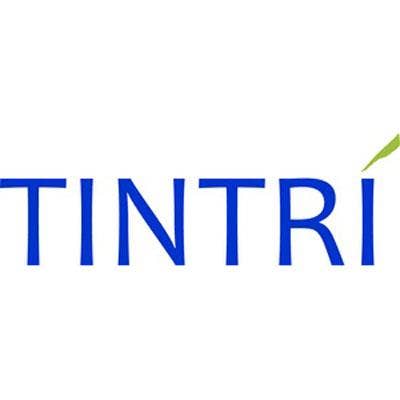
8. Tintri
Tintri was founded VMware's former head of R&D and came out of stealth mode in March with a series of appliances aimed at handling storage in virtualized environments. The Mountain View, Calif.-based company's VMstore appliances handle hundreds of virtual machines and their storage in a single device while making that device seem like a simple direct-attached storage array. According to the company, the VMstore includes about 1 TB of Flash memory and 16 1-TB SATA hard drives with built-in compression and deduplication technology and an administration console which hides the complexity of attaching virtual machines to storage.
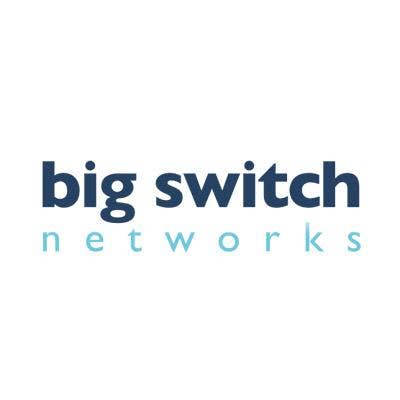
7. Big Switch Networks
2011 was a big year for Big Switch Networks . The Palo Alto, Calif.-based cloud and virtualization startup, which said it aims to be the VMware for networking, recently raked $13.8 million in venture capital funding to continue its charge and sharpen its OpenFlow chops. Big Switch offers an OpenFlow-based platform that brings the benefits of virtualization and cloud architecture to enterprise networks. Big Switch Networks' approach removes the need for administrators to manually configure and manage every device that's connected to the network. Instead, the physical hosts plugged into the network are managed through a virtual network layer that sits on top, which makes it easier to add capacity to the underlying physical topology as needed. This is done using the OpenFlow switching protocol, which separates packet routing from the physical infrastructure and handles it on a separate software layer.

6. Bromium
Bromium came out of stealth mode in June at the Structure conference in San Francisco and announced that its first funding round brought in $9.2 million from high-tech investors Andreessen Horowitz, Ignition Partners and Lightspeed Venture Partners. Founded by a trio of tech powerhouses -- Gaurav Banga, formerly of Phoenix Technologies Ltd.; and Simon Crosby and Ian Pratt, formerly of Citrix Systems -- Bromium focuses on two key trends dominating IT: consumerization and cloud computing. The company said its cloud security technology will be a key driver. Bromium plans to use the funding to develop technologies that will help build a trustworthy computing infrastructure amidst the increase in consumer-driven devices, applications and networks; and the vulnerabilities introduced by cloud computing. The Cupertino, Calif.-based company is expected to launch its full software suite soon.
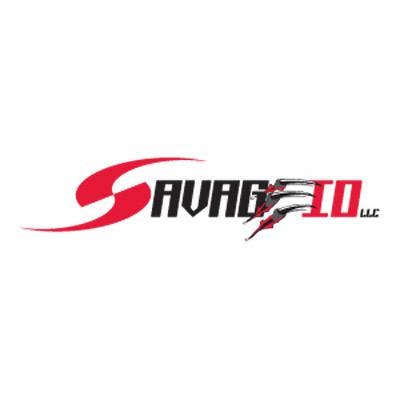
5. Savage I/O
Savage I/O is a veteran-owned business founded in 2010 as a developer of high-performance NAS and SAN appliances. Those appliances are based on the Batavia, N.Y.-based company's "DataBrick" concepts which fit up to 144 TBs of raw hard disk capacity in a 4U rack mount enclosure. The DataBrick is unique in its patent-pending tray that slides out from the front of the enclosure to give access to multiple rows of drives without the need to pull the enclosure out or open the entire case. Savage I/O has a channel portal to provide quick quotes, and recently introduced a financing program
4. AppFog (formerly PHP Fog)
AppFog got its start as PHP Fog in 2010 with the launch of a PHP-based platform-as-a-service (PaaS) cloud. Founded by Lucas Carlson, a PHP developer for more than eight years, the Portland, Ore.-based company offers cloud-based development and scaling of applications in the PHP Web development language, including one-click deployments for PHP apps such as WordPress, Drupal, Kohana, Zend and SugarCRM, according to PHP Fog. In January 2011, the company received $1.8 million in financing and in August added another $8 million to its bankroll.
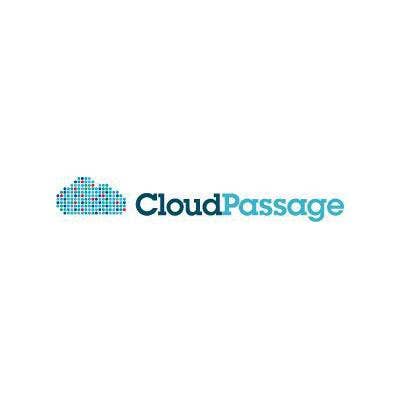
3. CloudPassage
CloudPassage came out of stealth mode in January 2011 with a SaaS offering bent on securing cloud servers across various types of clouds, whether they are private, public or hybrid with its Halo platform. And by year's end, the company had gained traction and updated its product play to add security event logging and alerting capabilities to Halo, which enables Halo to detect a broad range of security events and system states and alert customers when they occur. Halo provides real-time visibility into cloud server security since log entries and alerts can be generated on any rule created from cloud server configuration checks, the company said, adding that system security alerts can be created at the operating system and application level. It lets users define which system states and events generate logs or alerts, their level of importance and who receives them.
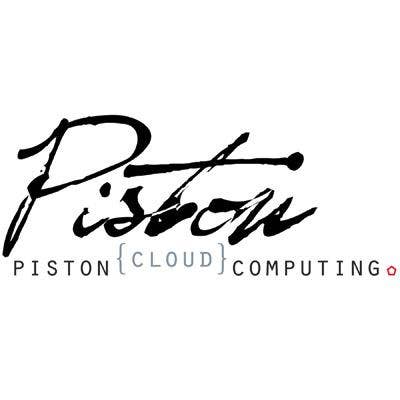
2. Piston Cloud Computing
Piston Cloud Computing is an open-source cloud player that just came out of stealth mode earlier this year with its pentOS "hands-free" cloud. The private cloud infrastructure makes it easy for users to configure and provision a private cloud and offers hooks that help tie together once disparate cloud systems. Basically, the cloud comes on a USB stick and is configured and deployed from there. San Francisco-based Piston Cloud uses OpenStack open source cloud and looks to address security, performance and lifecycle management of private cloud computing. The company has already brought in a whopping $4.5 million in funding and plans to soon bring systems integrators into its partner ecosystem.

1. Lookout Mobile Security
Mobile device security threats dominated the headlines and the threat landscape in 2011, and Lookout Mobile Security found itself in the perfect position to lock down smartphones and ensure mobile computing is safe and free from security threats. The San Francisco-based startup offers its eponymous flagship application for free for Android, Blackberry and Windows Mobile devices. It protects mobile devices from malware, spyware and unsafe web sites, and also handles backup and recovery of personal data and can locate a mobile device if it's lost or stolen. In December 2010, Lookout scooped up an impressive $19.5 million in Series C funding and Lookout Mobile Security followed that up in September 2011 with a whopping $40 million in venture capital the company said it will use to expand its reach and fortify its threat protection capabilities.